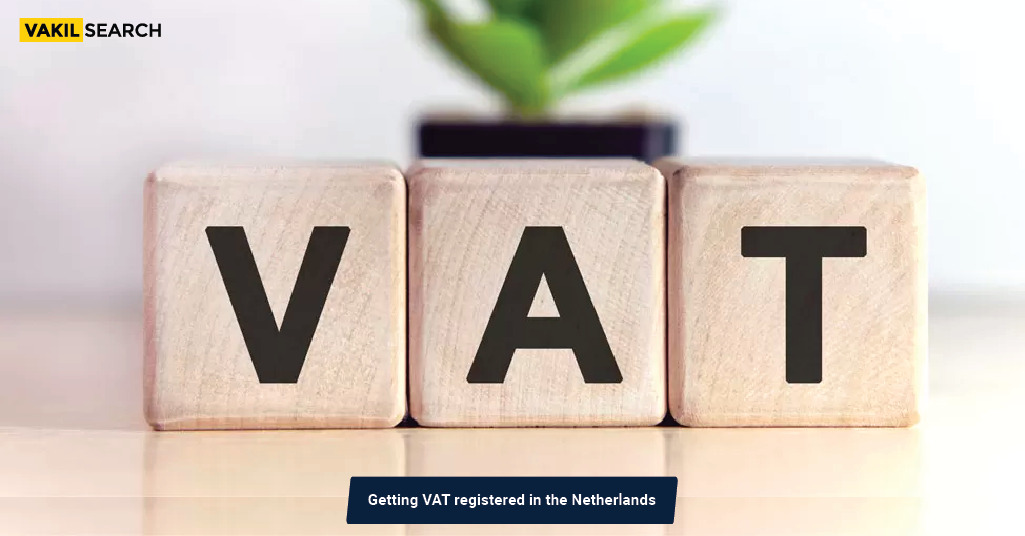VAT, or Value Added Tax, has become a part of the financial landscape in Dubai, just like in many other countries around the world. It’s a system designed to streamline tax collection and enhance financial responsibility. VAT registration in Dubai is a critical step for businesses operating in this thriving emirate. However, it’s not always a smooth process. Let’s explore the common challenges and pitfalls that businesses may encounter when registering for VAT in Dubai.
The Complexity of Documentation
One of the initial hurdles businesses face is the intricate web of documentation required for VAT registration. The UAE tax authorities ask for various documents, including financial records, trade licenses, and intricate business activity details. It’s not uncommon for businesses to find themselves drowning in paperwork, which can lead to delays in the registration process.
Deciphering Taxable Supplies
Determining what falls under the category of taxable supplies can be perplexing. The definition of taxable supplies in Dubai is expansive, including most goods and services. Businesses need to accurately assess their offerings to ensure they comply with VAT regulations. It can feel like you’re deciphering a complex puzzle.
Getting the VAT Liability Right
Calculating VAT liability isn’t always straightforward, especially for businesses with a wide range of products or services. Errors in calculations can lead to underpayment or overpayment of VAT. This means businesses must maintain precise bookkeeping and financial systems to get this right.
Navigating Language Barriers
Dubai’s multicultural business environment means that many businesses operate in languages other than English. The VAT registration process requires documents in Arabic, which can pose challenges for businesses not well-versed in the language. It’s like trying to read a map in a foreign tongue.
Adapting Business Systems
Businesses need to adapt their accounting and financial systems to accommodate VAT. This transition can be challenging, especially for small businesses with limited resources. Implementing VAT-compliant software and educating employees is critical. Think of it as moving to a new neighborhood; you need time to adjust.
The Consequences of Late Registration
Failing to register for VAT within the mandated timeline can result in penalties. The Federal Tax Authority (FTA) in the UAE actively enforces VAT regulations. Late registration can lead to costly fines and legal consequences. It’s like missing the train and having to wait for the next one.
The Need for Ongoing Compliance
VAT registration is not a one-time task; it requires ongoing compliance. Businesses must regularly update their financial records, file VAT returns on time, and stay informed about changes in tax regulations. It’s a bit like maintaining a garden – you can’t neglect it and expect it to flourish.
The Dilemma of Choosing the Right Tax Representative
Non-resident businesses in Dubai must appoint a local tax representative. Selecting a trustworthy and competent representative is crucial, as they play a significant role in ensuring compliance with VAT laws. It’s like picking a teammate in a game; you want someone reliable.
The Impact of External Factors and Regulatory Changes
The business landscape in Dubai is dynamic, and external factors can impact VAT registration and compliance. Businesses must stay informed about changes in regulations and adapt accordingly. It’s like navigating through ever-changing weather – you need to adjust your sails to stay on course.
The Value of Seeking Professional Assistance
Many businesses choose to work with tax professionals who specialize in VAT registration to navigate these challenges. Seeking expert guidance can help businesses avoid pitfalls, ensure compliance, and streamline the registration process. It’s like having a seasoned guide on a treacherous mountain trail.
Conclusion
VAT registration in Dubai is a significant undertaking for businesses, and it’s not without its challenges. From deciphering documentation and understanding taxable supplies to dealing with language barriers and ongoing compliance, businesses need to be vigilant. However, with the right resources and professional assistance, these hurdles can be overcome, ensuring a smooth VAT registration process in Dubai.
Frequently Asked Questions
1. What is VAT, and why is it important for businesses in Dubai?
- VAT, or Value Added Tax, is a consumption tax imposed on goods and services. VAT registration is vital in Dubai as it is legally required for eligible businesses to comply with tax regulations.
2. Who needs to register for VAT in Dubai?
- VAT registration is mandatory for businesses with an annual revenue exceeding the specified threshold. The exact threshold may vary, so businesses should consult updated resources like Finansure.ae for the latest information.
3. What are the criteria for determining VAT eligibility in Dubai?
- Key criteria include the annual revenue of the business, the nature of taxable supplies, and whether the business is resident or non-resident in Dubai.
4. Can businesses with revenue below the threshold still register for VAT voluntarily?
- Yes, businesses with revenue below the threshold can opt for voluntary VAT registration, which can offer benefits such as reclaiming input VAT and improving market credibility.
5. What are taxable supplies in Dubai, and how are they determined?
- Taxable supplies encompass a wide range of goods and services. Businesses should carefully assess their offerings to determine if they fall under taxable supplies. Guidance on this can be found in resources like Finansure.ae.

